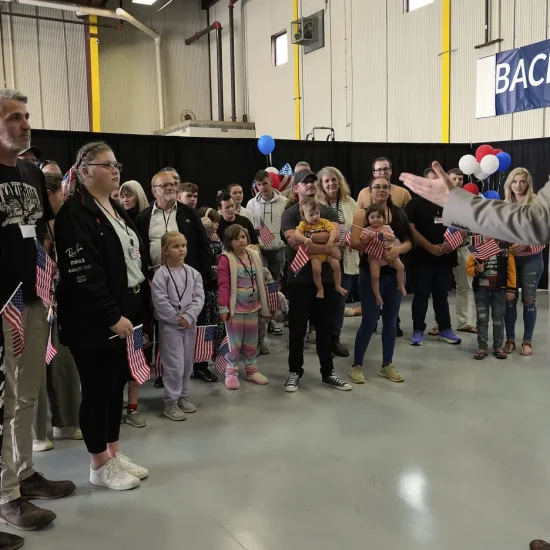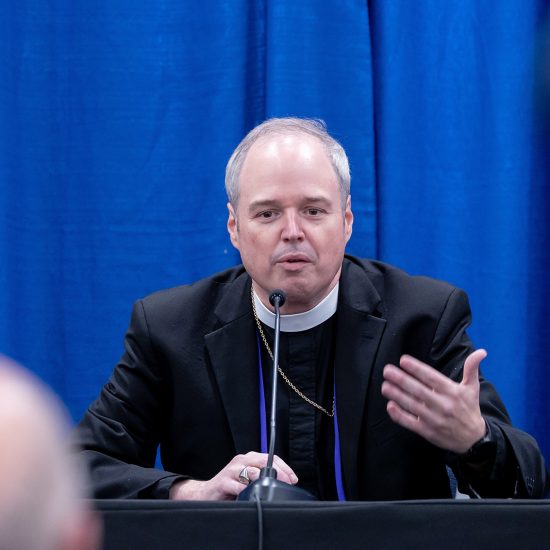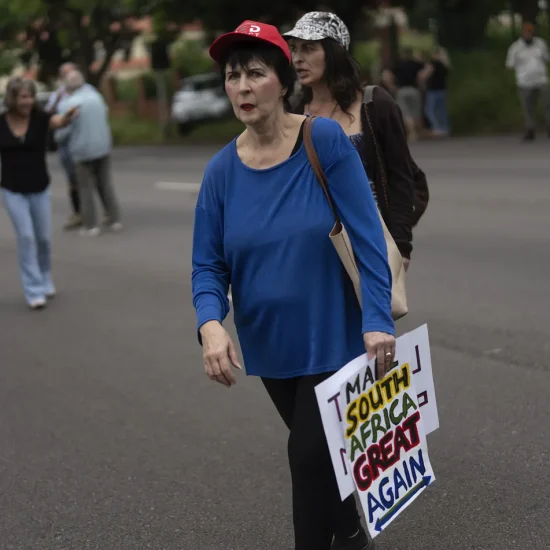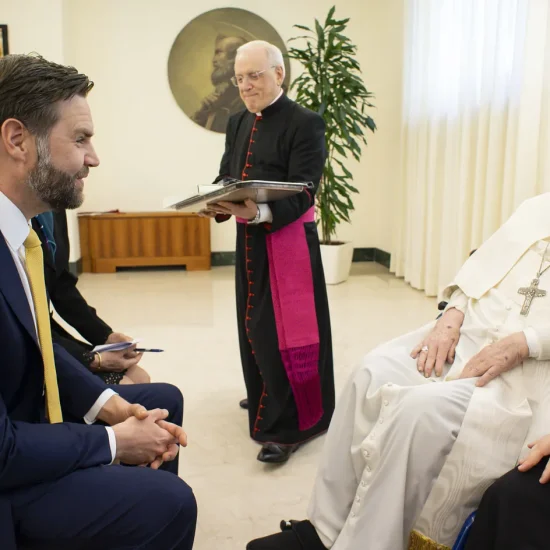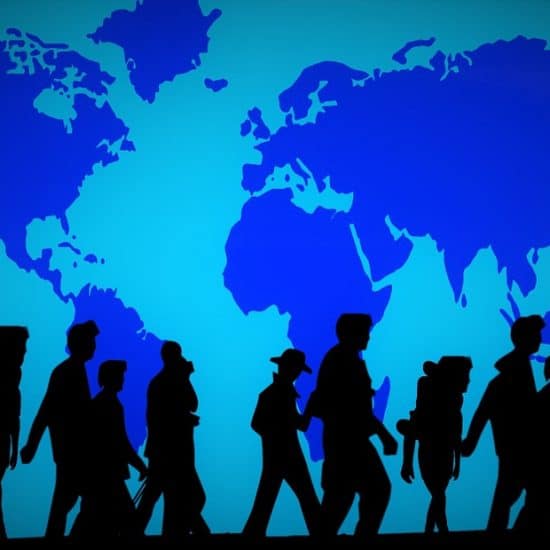Our contact parked along a narrow residential street in an older Palestinian neighborhood in the ancient city of Amman, Jordan, led us down a walkway between two buildings and knocked on a nondescript door.

Bill Webb
|
Another Baptist journalist and I were arriving unannounced to this temporary home of refugees from Syria. But they quickly readied themselves and invited us inside. Two teens — a son and a daughter — brought thin padded cushions into one of two nearly bare rooms, placed them on the floor along the walls and invited us to sit with them.
My fellow Baptist editor, Jim White of Virginia’s Religious Herald, explained that we were interested in sharing with American readers the plight of these refugees.
Jordan is one of the countries that border Syria and has accepted an estimated half-million Syrian refugees, a third of which occupy a refugee camp while twice as many have melded into the general population. The influx challenges Jordan, a moderate Arab nation with a long history of accepting refugees.
This family and their neighbors were anxious to tell their stories, and the accounts were horrific. We were told that 15 people sleep in the two 12-by-12 rooms that make up this apartment, including the couple and their four children, the wife’s aunt and uncle and others.
The landlord commands nearly $150 per month in rent with the stern warning: “Pay on time or leave!” Refugee men are day laborers, earning what they can day by day and hoping employers will give them what they promise for a day’s work, maybe $20. Sometimes employers short refugee workers, and refugees say they have no recourse if they are cheated. They are, after all, refugees.
The priority is to secure money for rent and then to try to feed their families as best they can. They say it is a tenuous existence. They are not sure if they will ever return home. They are losing hope.
Virtually every refugee has relatives back home in Syria. Some have parents, children or spouses. Syrian government forces especially try to limit males leaving the country by charging exorbitant fees — even bribes — for permission to cross the border. Passports are hard to come by.
Every refugee has stories of personal atrocities. The family in this apartment fondly remember their lives as farmers before the civil war in Syria. They lived in a beautiful pastoral area and enjoyed life supplying food for Syria.
With the advent of civil unrest, they said government forces began closing in on them and their area. Their daughter imitated the trampling of crops by soldiers. The efforts were attempts to cut them off, she said.
The alleged use of chemical weapons against citizens happened in the area where they were from, they said. They are familiar with television reports of 1,400 chemical weapon fatalities, the girl said. But they believe the chemical gases — reportedly scented with the floral fragrance of hibiscus — killed many more. And they want the world to know.
Her younger brothers — now 7 and 14 — bear physical scars. The 14-year-old recalls the day when he and his then 6-year-old brother were wounded by government soldiers in crossfire. Each took a bullet in the leg; the younger brother suffered a severed tendon when a bullet entered just behind his knee. The big brother threw himself over his little brother to protect him during the shooting. A driver trying to escape the scene after being wounded drove over the leg of the older sibling, resulting in three fractures.
Both brothers survived the June 1, 2012, attack. They showed us the scars from the bullet wounds, and the younger one pulled up his pantleg to show us a crude brace he wears to enable him to lift his foot as he walks on the still-damaged leg.
The family hopes that somehow he can have an operation to repair the tendon. But there is no money, and benevolent services to refugees are limited.
An elderly woman tells of losing two sons in Syria. One was a police officer. When he refused to kill people whom he believed had done nothing wrong, he was executed, shot in the head point-blank. A second son was killed in an air attack on a mosque while he was praying.
By the way, these refugees, like most of their countrymen, are Muslims. They greeted our threesome of Christian visitors warmly. Shortly into our visit, a tray of dates and cups of steaming hot tea appeared. Despite their poverty, they demonstrated hospitality to their guests.
The children were as winsome as any I have seen. The teenage daughter was lovely and articulate. Her brothers were bright-eyed and handsome. A sister of 3 or 4 understandably clung to her mother. When I said through an interpreter that she and another little girl in the room were the same age as my granddaughter back in America, the girls wanted to know my granddaughter’s name and told me their names.
When the brothers showed me their gunshot scars, I thought of my grandsons. I wished I could reassure them. I wished I could assure the parents that somehow their 7-year-old would receive the surgery needed for him to walk without impediment again.
I pray that these youngsters would not have to grow up as refugees, knowing full well the odds are against them. I pray that Christian people in Jordan will show the love of Christ to them in their need.
Bill Webb is editor of Word&Way.

